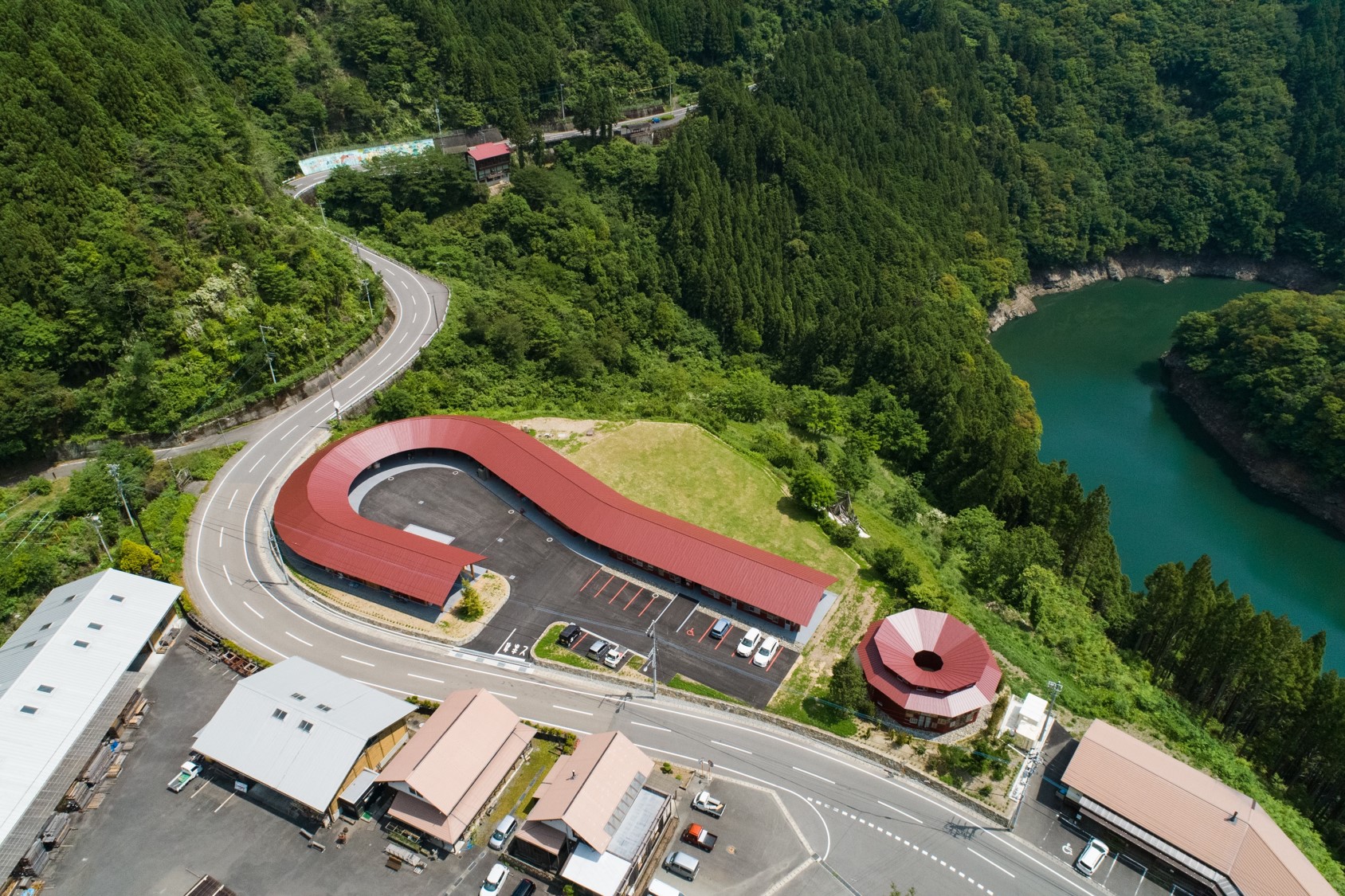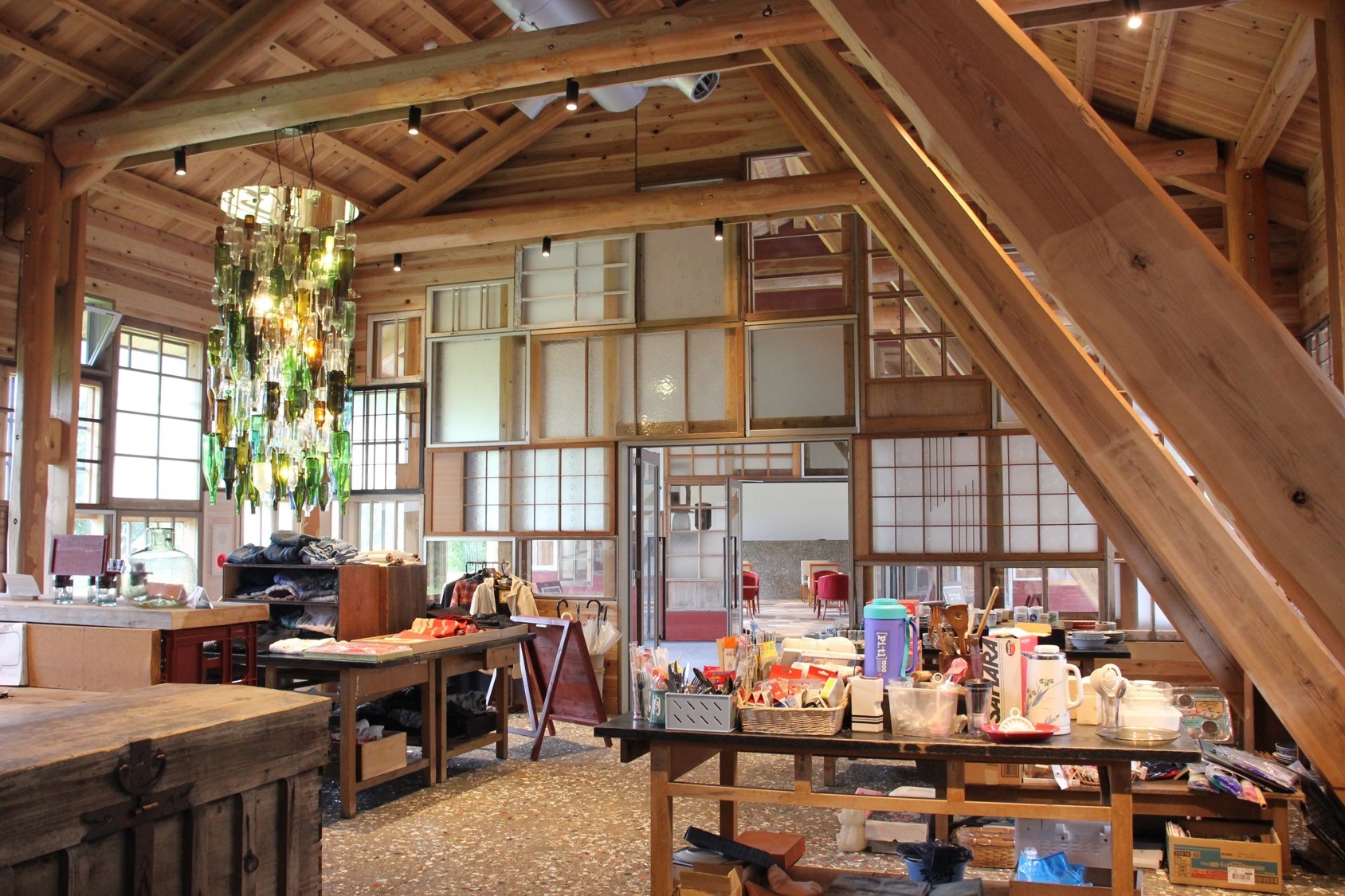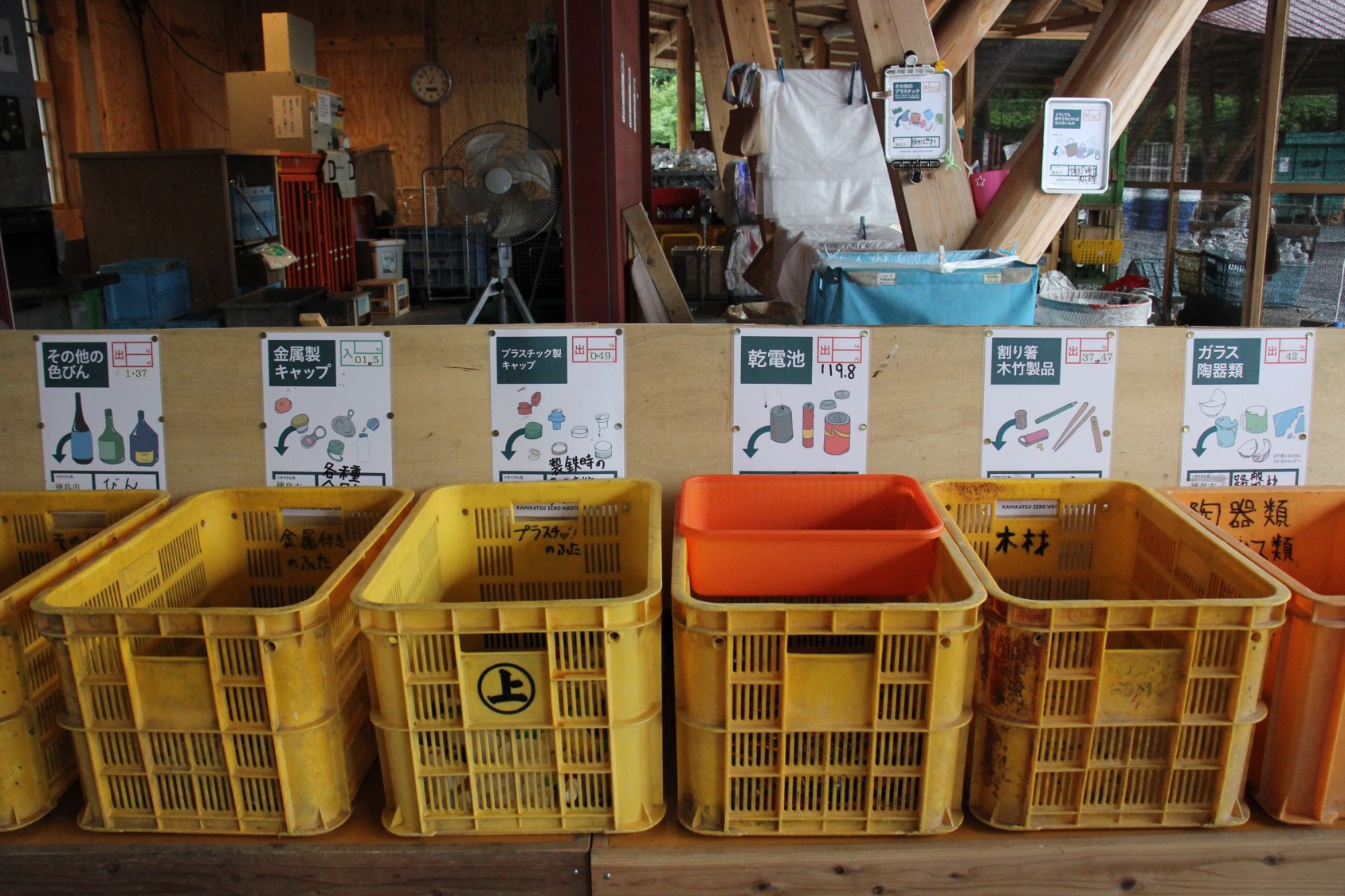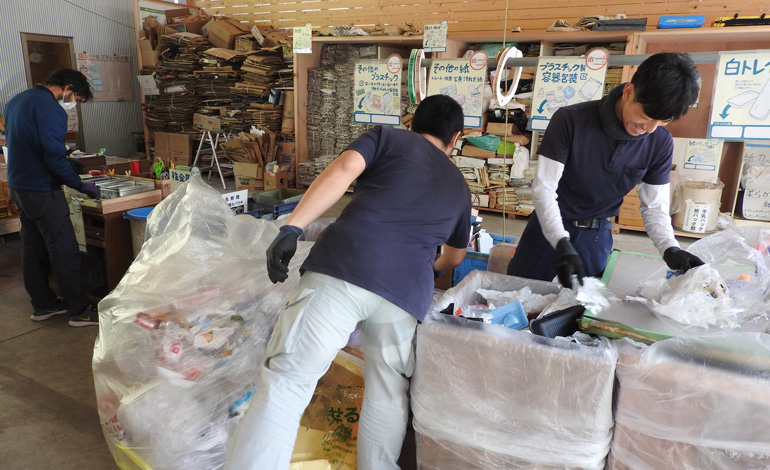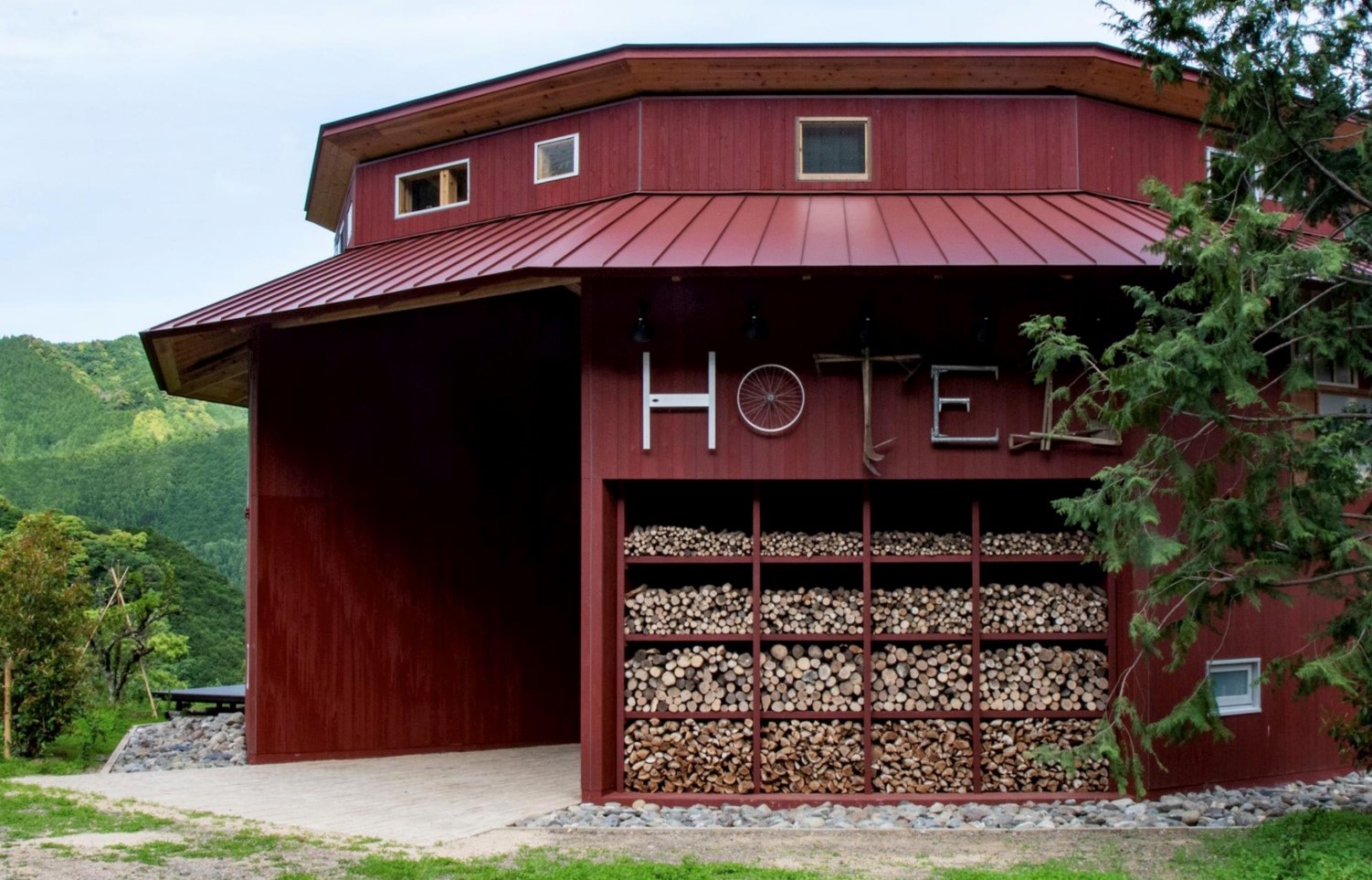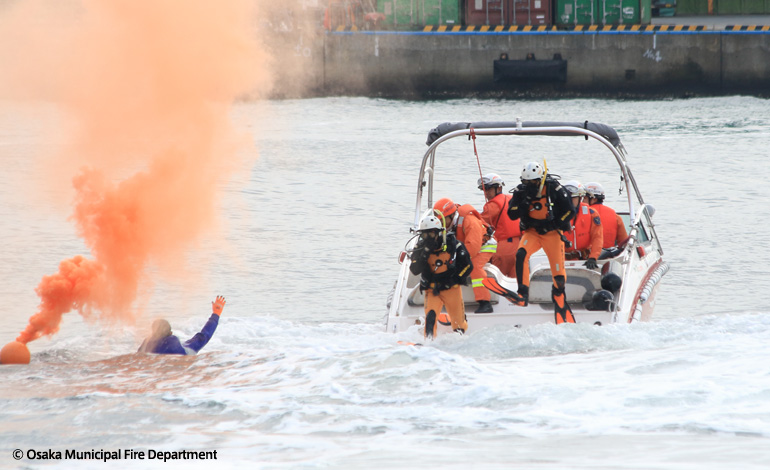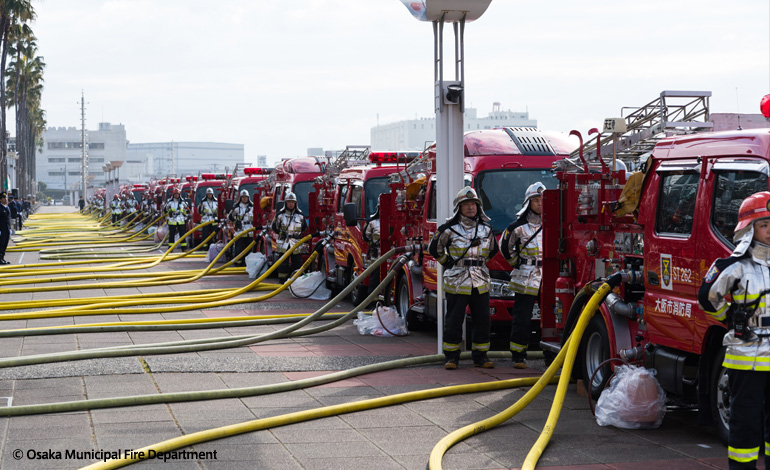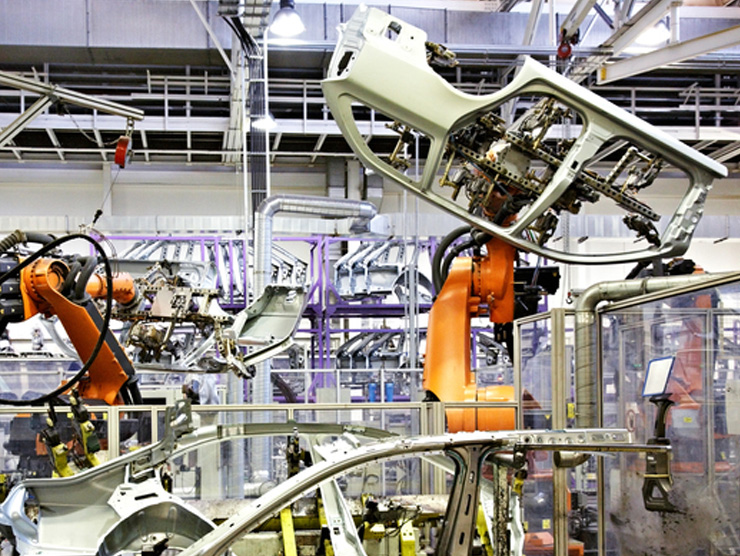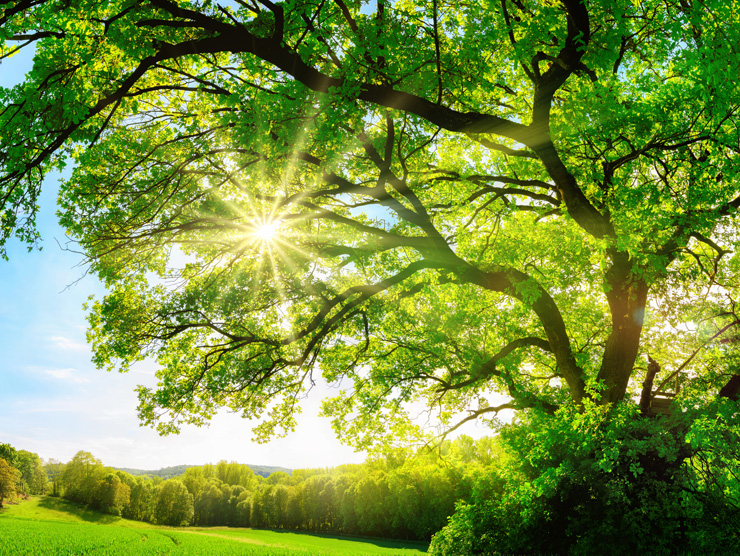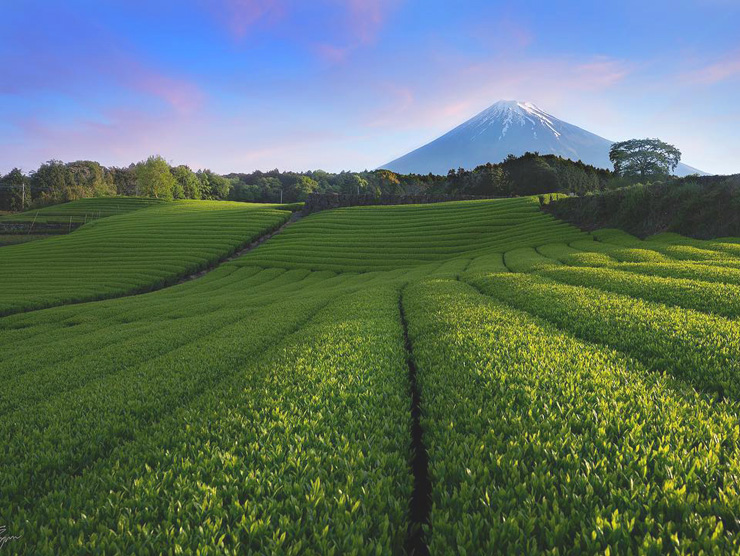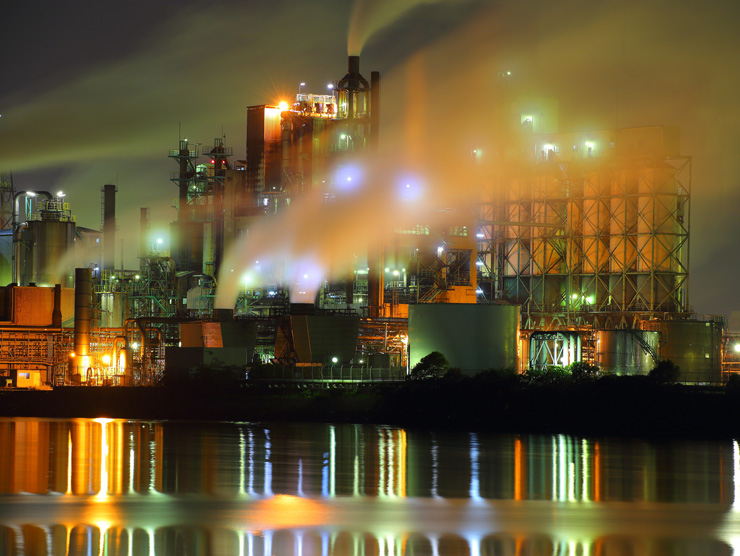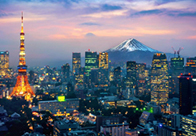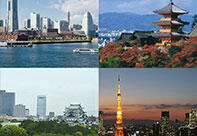Key FactorsSUSTAINABILITY
REDUCING WASTEFULNESS HAS LONG BEEN A PART OF THE JAPANESE
MINDSET, AND TODAY IT SHOWCASES REVOLUTIONARY PROGRESS IN
THIS REALM OF ACTIVITY.
Background
Many aspects of Japanese society have been shaped by the concepts of sustainability and efficiency. Today, this can be seen across multiple sectors, from electric vehicles to space-conscious urban planning, to hydroelectric, geothermal, and even ocean-wave clean energy initiatives. The Japanese word mottainai reflects respect for the resources around us, while conveying the idea that waste is unacceptable. This concept was praised by the international delegates of the United Nations Framework Convention on Climate Change, whose historic achievements include the Kyoto Protocol. As the word and the value of its message spread around the world, Japan continues to explore modern applications of the concept of mottainai.
Recent News
In recent years efforts have been made towards the Tokyo 2020 Games, with hopes that they will lead to heightened public awareness of environmental issues as a major legacy. Gold, silver and bronze metals from cell phones and other electronic devices were collected to produce Olympic and Paralympic medals; simultaneously, polyester fibers from sportswear items collected nationwide were recycled to make the national team's official uniforms. Saori Yoshida, a three-time Olympic wrestling champion said that "Through this project, people from around the country can feel like they are part of the team."
Innovative recycling and smart-energy systems can often be found both in large metropolitan centers as well as in more traditional communities. Kamikatsu, a small town in western Japan, took notice of the environmental impact of incineration and adopted a rigorous waste-sorting program in 2003. The city set the goal to reach zero waste by 2020 by community efforts in recycling, reusing, and composting its garbage. This ambitious program has inspired similar efforts abroad, in cities like San Diego and New York.
Meetings & Events
Research on increased sustainability makes Japan a popular destination for related conferences. Another closely linked topic is community resilience to natural disasters, an area in which Japan has special expertise, positioned as it is at the forefront of research into disaster reduction and reconstruction. The city of Sendai is an exemplary case, and in March 2015 it hosted the third United Nations World Conference on Disaster Risk Reduction.
Destinations
Many cities and convention centers have adopted environment-conscious activities and services. The cities of Sapporo and Kyoto are members of the Global Development Sustainability Index, an international platform that shares sustainable practices in the events industry. One of Sapporo's innovations is a snow-cooling system, which takes advantage of natural resources to save energy. Kyoto Convention Bureau supports the local production of traditional kimono fabric by making unique and high-end bags for event delegates.
Similarly, the city of Kitakyushu, an industrial hub in southwest Japan, applies sustainable practices to its conventions, such as reshaping metal leftovers into brand-new souvenirs for delegates. The transformation of Kitakyushu from manufacturing center to green pioneer was recognized by the Organisation for Economic Co-operation and Development, which selected Kitakyushu as the first model city in Asia for urban green growth.
